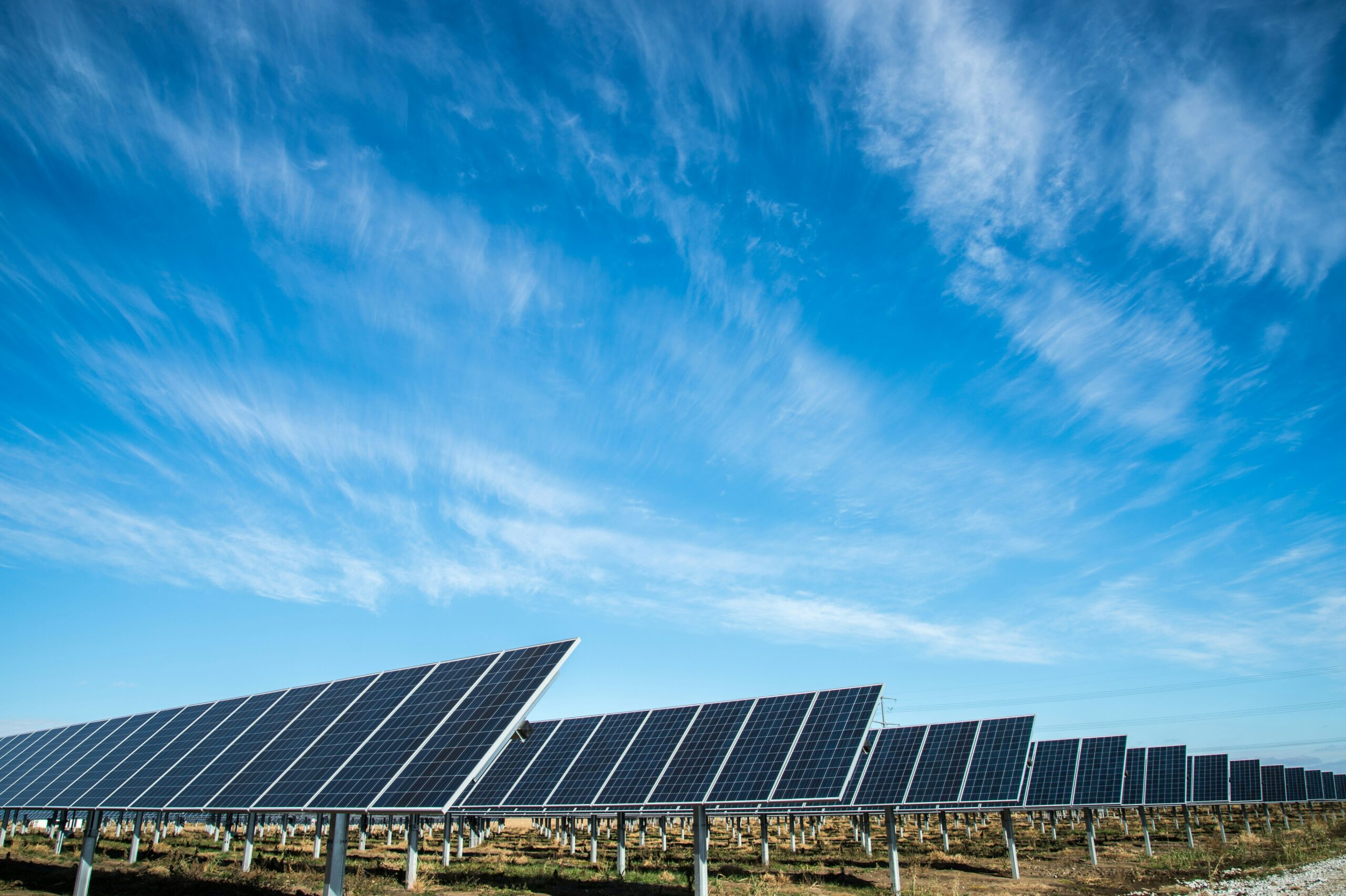Solar energy is a renewable source of power that is derived from the sun’s rays. It is a clean and sustainable form of energy that has gained significant attention in recent years due to its numerous benefits. In this article, we will provide you with an introduction to solar energy and cover all the essential information you need to know.
How Does Solar Energy Work?
Solar energy is harnessed through the use of solar panels, also known as photovoltaic (PV) panels. These panels are made up of multiple solar cells, which are responsible for converting sunlight into electricity. When sunlight hits the solar cells, it excites the electrons, causing them to move and generate an electric current.
The generated electricity can be used to power homes, businesses, and even entire cities. It can also be stored in batteries for later use, ensuring a continuous supply of electricity even when the sun is not shining.
Advantages of Solar Energy
There are several advantages of using solar energy:
- Renewable and Sustainable: Solar energy is an abundant and inexhaustible source of power. As long as the sun continues to shine, we will have access to this renewable energy source.
- Environmentally Friendly: Unlike fossil fuels, solar energy does not produce harmful emissions or contribute to air pollution. It helps reduce greenhouse gas emissions, mitigating the impact of climate change.
- Cost-effective: Although the initial installation cost of solar panels can be high, solar energy can save you money in the long run. Once installed, solar panels require minimal maintenance and can significantly reduce your electricity bills.
- Energy Independence: Solar energy allows individuals and communities to become self-sufficient in their energy needs. It reduces dependence on external sources and provides stability in energy supply.
- Job Creation: The solar energy industry has the potential to create numerous job opportunities. From manufacturing and installation to maintenance and research, solar energy can contribute to economic growth.
Applications of Solar Energy
Solar energy can be used in various applications:
- Residential: Solar panels can be installed on rooftops to power homes and provide hot water.
- Commercial: Businesses can utilize solar energy to reduce their energy costs and promote sustainability.
- Industrial: Solar energy can be used in industries for heating, cooling, and powering machinery.
- Agricultural: Solar energy can power irrigation systems, livestock operations, and crop drying.
- Transportation: Solar-powered vehicles and charging stations are becoming increasingly popular.
Challenges and Future Outlook
While solar energy has numerous advantages, there are also some challenges to consider:
- Intermittency: Solar energy production is dependent on sunlight, which is not available 24/7. This intermittency can be mitigated through energy storage solutions.
- Initial Cost: The initial installation cost of solar panels can be high, making it less accessible for some individuals and communities. However, the cost has been decreasing over time.
- Land Requirement: Large-scale solar projects require significant land area, which can be a challenge in densely populated areas.
The future of solar energy looks promising. Advancements in technology and decreasing costs are making solar energy more accessible and efficient. Governments and organizations worldwide are investing in solar energy projects to reduce carbon emissions and promote sustainability.
Conclusion
Solar energy is a clean, renewable, and sustainable source of power that offers numerous benefits. It can help reduce our dependence on fossil fuels, mitigate climate change, and promote energy independence. As technology continues to advance, solar energy will play an increasingly significant role in our transition to a greener future.
